rhea diosa Buscar con Google Rhea Goddess, Greek Goddess Art, Greek Art, Meg Hercules, Disney

1000+ images about Antigone on Pinterest Athens greece, Greece and Sons
Fantasy Hello, If you see this Template on a page please remove it, It was only needed for a mass clean up!! Eriphyle, daughter of Talaus and Lysimache, was the mother of Alcmaeon and the wife of Amphiaraus. Eriphyle persuaded Amphiaraus to take part in the raid that initiated the mythic tale of.
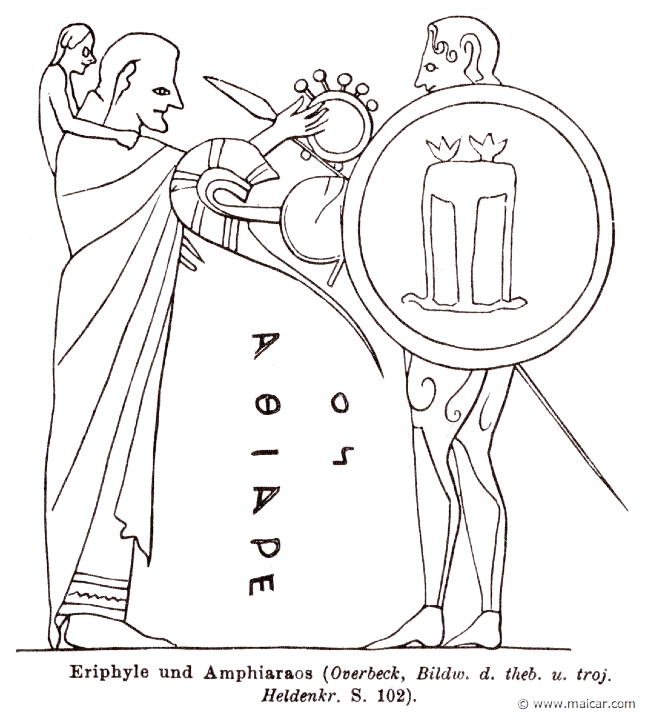
Amphiaraus Greek Mythology Link
Eriphyle / ɛrɪˈfaɪliː / ( Ancient Greek: Ἐριφύλη Eriphȳla) was a figure in Greek mythology who, in exchange for the necklace of Harmonia (also called the necklace of Eriphyle) given to her by Polynices, persuaded her husband Amphiaraus to join the expedition of the Seven against Thebes. She was then slain by her son Alcmaeon.

Polynices and Eriphyle, Louvre G44 Thebes, Mythology, Louvre
. Polynices offers Eriphyle the necklace, 5th century BC red figure Pelike In Greek mythology, Eriphyle, daughter of Talaus, was the mother of Alcmaeon and the wife of Amphiaraus. Eriphyle persuaded Amphiaraus to take part in the Seven Against Thebes raid, though he knew he would die.

Amphiaraus was the son of Oecles and Hypermnestra, and husband of Eriphyle. Amphiaraus was the
ERIPHYLE, in Greek mythology, sister of Adrastus and wife of Amphiaraus. Having been bribed by Polyneices with the necklace of Harmonia, she persuaded her husband to take part in the expedition of the Seven against Thebes, although he knew it would prove fatal to him. Before setting out, the seer charged his sons to slay their mother as soon as.

Greek Goddess Art, Greek Gods And Goddesses, Greek Mythology Humor, Olympus Series, Roman Gods
Iconography A pelike at Lecce (mid-fifth century BCE) depicts Polynices handing Eriphyle the necklace of Harmonia. Eriphyle raises her right hand to accept it. References Sources Aken, Dr. A.R.A. van. (1961). Elseviers Mythologische Encyclopedie. Amsterdam: Elsevier. Homer. Odyssey xii, 326. Pseudo-Apollodorus. The Library i, 9.3.
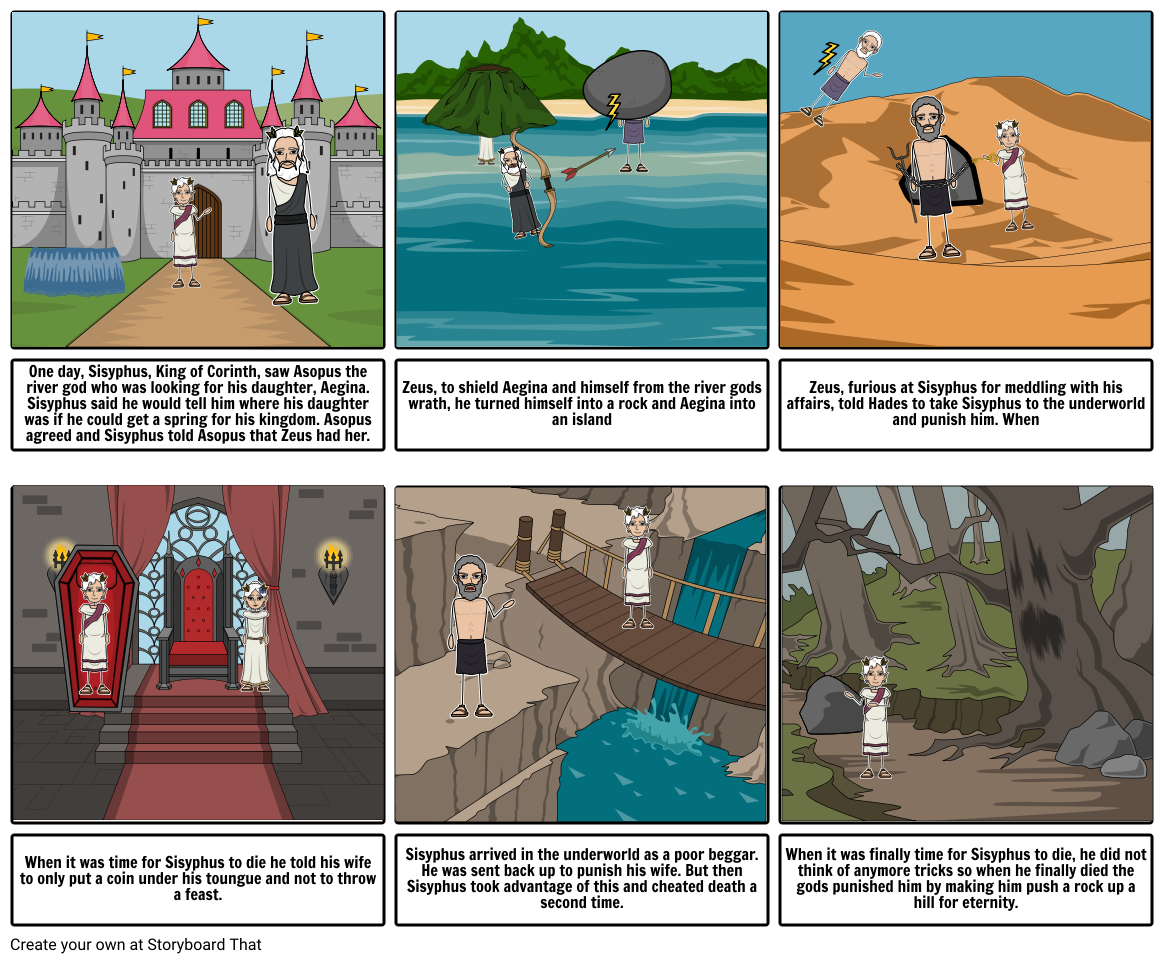
Greek Mythology Sisyphus Storyboard Door ca721e3411738
Eriphyle (Ancient Greek: Ἐριφύλη) was a figure in Greek mythology who, in exchange for the Necklace of Harmonia (also called the necklace of Eriphyle) given to her by Polynices, persuaded her husband Amphiaraus to undertake the raid which precipitated the Seven Against Thebes. She was then slain by her son Alcmaeon.

Greek Goddess Art, Greek Mythology Art, Greek Gods And Goddesses, Mythology Poetry, Roman
Eriphyle /ɛrɪˈfaɪliː/ was a figure in Greek mythology who, in exchange for the necklace of Harmonia given to her by Polynices, persuaded her husband Amphiaraus to join the expedition of the Seven against Thebes. She was then slain by her son Alcmaeon.

rhea diosa Buscar con Google Rhea Goddess, Greek Goddess Art, Greek Art, Meg Hercules, Disney
Originally in Greek mythology, Achelous was the god of all rivers and water of the world. During Hellenistic times, he was only associated with the Achelous river.. This was the clothing Eriphyle wore when she sent the father of Achelous to his death. Alcameon agreed and was also going to get the cloths from king Phegeus. This is the person.
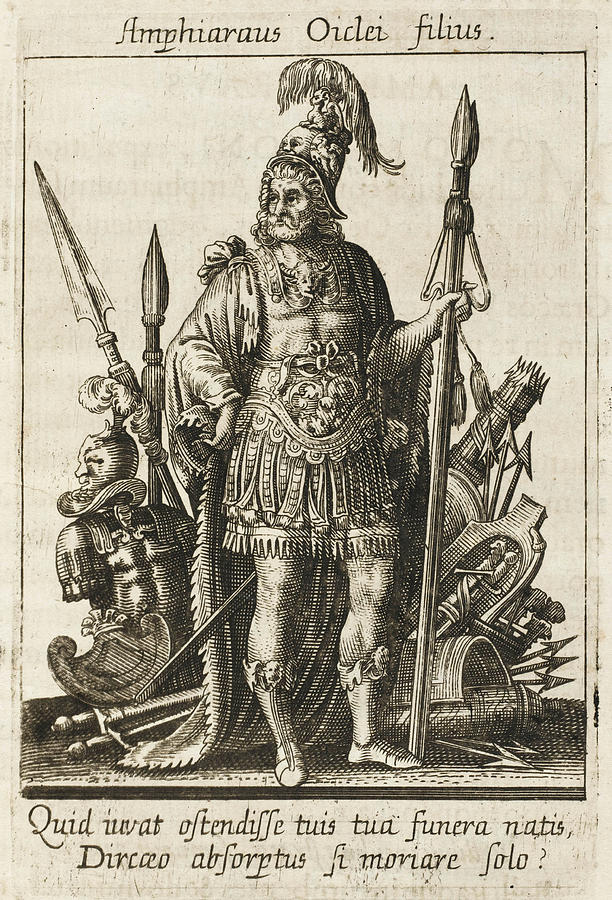
Amphiaraus, Greek Seer Of Thebes Drawing by Mary Evans Picture Library Fine Art America
In Greek mythology, Eriphyle ( Template:Lang-grc ), daughter of Talaus, was the mother of Alcmaeon and the wife of Amphiaraus. Eriphyle persuaded Amphiaraus to take part in the raid that initiated the mythic tale of the Seven Against Thebes, though she knew he would die.
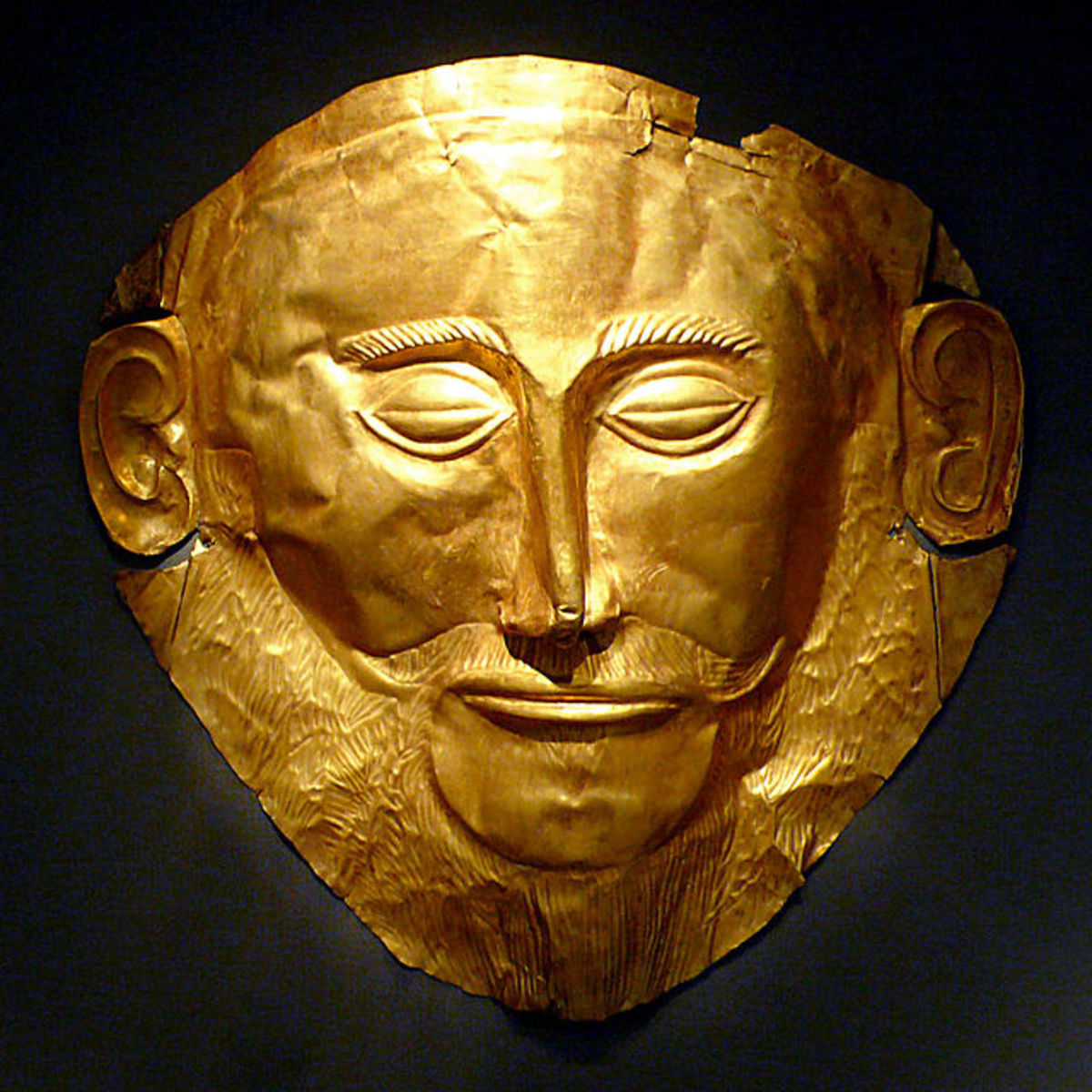
The Story of Iphigenia in Greek Mythology Owlcation
Alcmaeon killing his mother Eriphyle In Greek mythology, Alcmaeon ( / ˌælkˈmiːən /; Ancient Greek: Ἀλκμαίων Alkmaíōn ), as one of the Epigoni, was the leader of the Argives who attacked Thebes, taking the city in retaliation for the deaths of their fathers, the Seven against Thebes, who died while attempting the same thing. Family

Untitled Document [www.u.arizona.edu]
e In Greek mythology, Harmonia ( / hɑːrˈmoʊniə /; Ancient Greek: Ἁρμονία / harmoˈnia /, "harmony", "agreement") is the goddess of harmony and concord. Her Roman counterpart is Concordia. Her Greek opposite is Eris, whose Roman counterpart is Discordia. Family Harmonia and the serpent
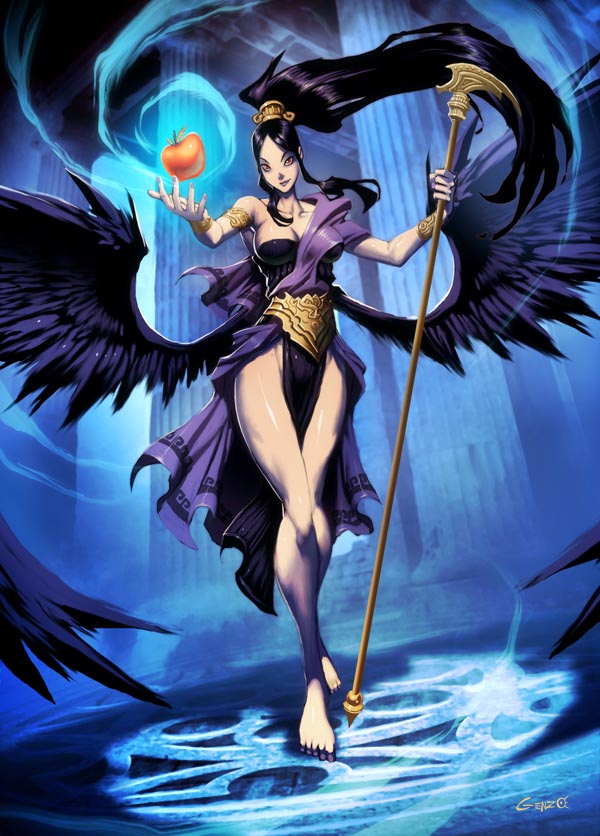
eris Greek Mythology Photo (29419472) Fanpop
Alcmaeon, in Greek legend, the son of the seer Amphiaraus and his wife Eriphyle.

The Antikythera Ephebe is a bronze statue of a young man of languorous grace that was found in
Polynices inherited the necklace and gifted it to Eriphyle, eventually leading to her demise as well. It then went into Arsinoe's hands, before finally reaching the hands of Amphoterus and Acarnan. They both decided to offer the necklace to the Temple of Athena in Delphi, in order to stop any further misfortunes.
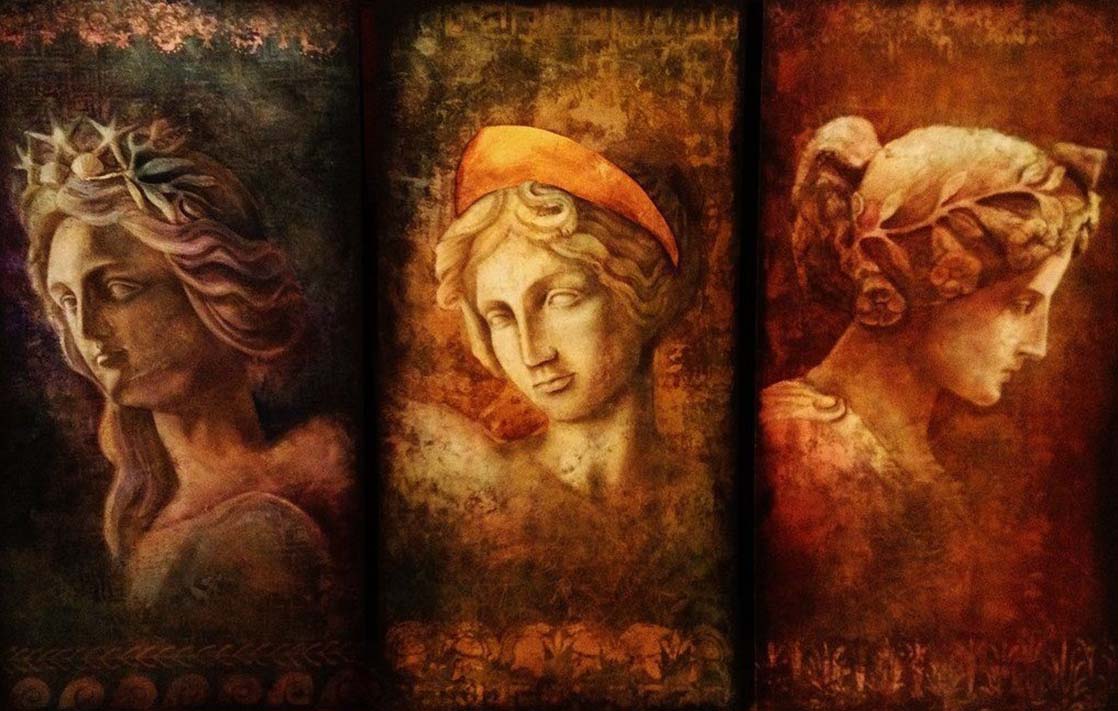
Ancient Greece Reloaded
The Erinyes (Furies) were the three ancient Greek goddesses of vengeance and retribution who punished men for crimes against the natural order. They were particularly concerned with homicide, unfilial conduct, offenses against the gods, and perjury. They were depicted as ugly, winged women with hair, arms and waists entwined with poisonous serpents.

Greek Mythology A Wandering Eyre
Alcmaeon was the son of Amphiaraus and Eriphyle in Greek mythology, one of the leaders who attacked the city of Thebes, after the war that started by the Seven Against Thebes, as revenge for their fathers' deaths.
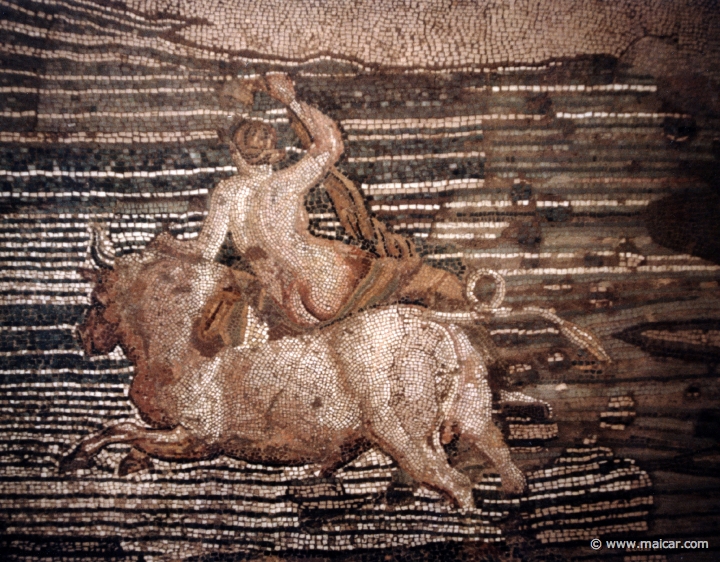
Robe and Necklace of Harmonia Greek Mythology Link
Amphiaraus was a king of Argos in Greek mythology, who reigned alongside Iphis and Adrastus, brother of his wife Eriphyle. He was the son of Oecles and Hypermnestra. He participated in the hunt of the Calydonian Boar, and he was also an oracle. He was one of the main characters in the myth of the Seven Against Thebes.